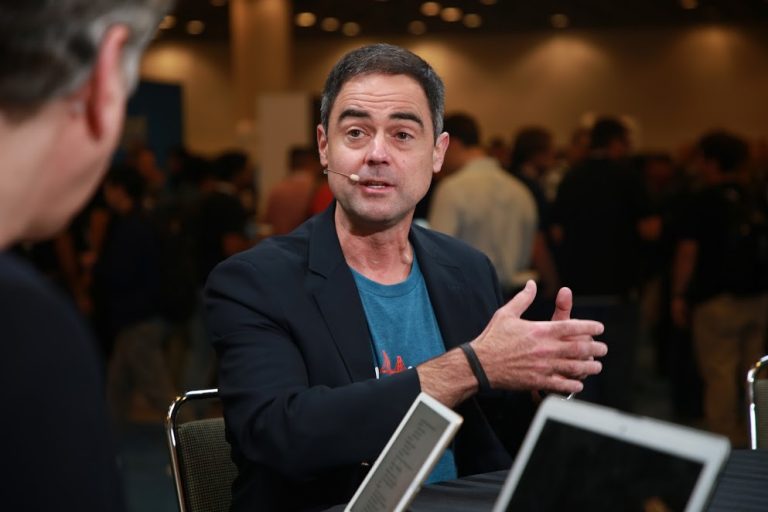 CLOUD
CLOUD
 CLOUD
CLOUD
 CLOUD
CLOUD
Ahead of its virtual DockerCon event on Thursday, Docker Inc. today revealed an expanded partnership with Microsoft Corp. that will see the companies collaborate to ease development projects for their customers.
Microsoft, like the other major infrastructure-as-a-service providers, has added extensive support for software containers to its public cloud to address the industry shift towards microservices. Its partnership with Docker dates back to the earliest days of the effort. The collaboration the companies announced today focuses on easing the logistics involved in developing microservices-based applications for cloud environments.
Software teams interact with Docker’s namesake container platform using a command line tool called the Docker CLI. Developers write code on their local machines and, once the project starts taking shape, they move their files to a larger, cloud-based environment with more hardware resources. Microsoft and Docker today previewed new integrations that will allow developers to create a cloud-based application environment in Azure directly from the Docker CLI using a handful of commands.
The feature relies on Azure Container Instances, Microsoft’s managed container service. The companies said software teams will have the ability to create an application environment using Azure Container Instances without having to manually manage the underlying infrastructure resources. Moreover, the integration enables developers to copy the configuration of their local desktop development environment to the cloud with a single command to shorten the initial setup process.
“Once you have the context selected, it is just Docker,” Docker solutions engineering manager Chad Metcalf wrote in a blog post. “You can run individual containers. And you can run multiple containers with Docker Compose.”
Docker and Microsoft’s collaboration extends to other products as well. Docker will add integrations for Visual Studio Code, Microsoft’s widely used free code editor, to let developers who use the tool deploy their code as containers faster. Software teams will also have the option of using Docker Hub, the company’s cloud service for hosting container projects, to share files with one another.
“Extending our strategic relationship with Microsoft will further reduce the complexity of building, sharing and running cloud-native, microservices-based applications for developers,” Docker Chief Executive Officer Scott Johnston (pictured) said in a statement. Johnston is set to dive deeper into the announcements in a Thursday DockerCon interview on SiliconANGLE Media’s theCUBE that will also feature Amanda Silver, Microsoft’s corporate vice president of product for developer tools.
DockerCon is the first installment of Docker’s flagship event since it sold its enterprise business to Mirantis Inc. last year. Since the deal, the company has narrowed its focus to providing open-source and paid developer tools.
Support our mission to keep content open and free by engaging with theCUBE community. Join theCUBE’s Alumni Trust Network, where technology leaders connect, share intelligence and create opportunities.
Founded by tech visionaries John Furrier and Dave Vellante, SiliconANGLE Media has built a dynamic ecosystem of industry-leading digital media brands that reach 15+ million elite tech professionals. Our new proprietary theCUBE AI Video Cloud is breaking ground in audience interaction, leveraging theCUBEai.com neural network to help technology companies make data-driven decisions and stay at the forefront of industry conversations.